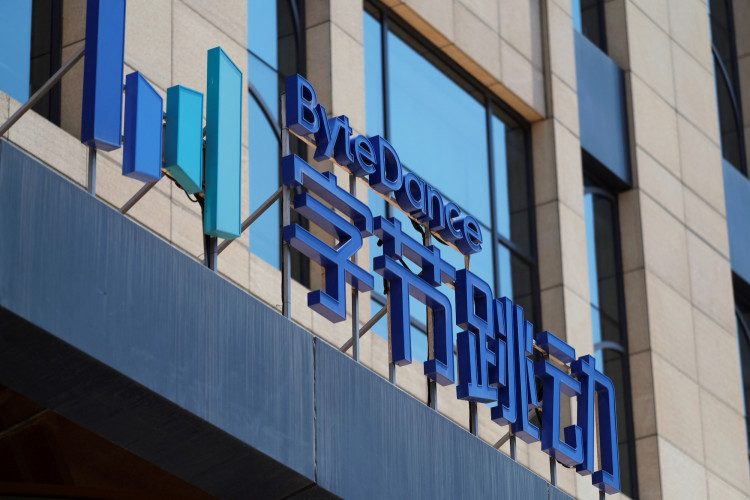ByteDance, the Chinese tech giant behind the popular app TikTok, is facing accusations of using content from UK news sites to train its artificial intelligence (AI) chatbot, ByteSpider, without proper authorization or compensation. Major publishers such as The Guardian, Daily Mail, and The Telegraph have raised concerns about ByteSpider scraping their content for "search optimization" purposes, suggesting potential copyright infringement.
The controversy arises as ByteDance aims to expand into the competitive AI space, developing a platform for users to create their own chatbots. However, the lack of transparency in how ByteSpider operates and accesses content has raised alarms among news organizations. Publishers use "robots.txt" files to direct web crawlers on which parts of their sites can be accessed, but the effectiveness of these files in blocking ByteSpider is unclear.
TikTok owner “scraping” UK news sites to train ChatGPT rival.
Bytedance’s bot has reportedly been accused of targeting publishers including the Guardian and the Daily Mail.https://t.co/GJeskVEXyr — Extrema Ratio (@ExtremaRatio4) December 13, 2023
Owen Meredith, the Chief Executive of the News Media Association, expressed strong disapproval of ByteDance's actions, describing them as "wholesale theft" of content. Meredith emphasized the importance of creators and rights holders having control over their intellectual property.
This issue is not unique to ByteDance; other tech companies like OpenAI and Google have faced similar criticisms. OpenAI, the creator of ChatGPT, was blocked from accessing sites like the BBC, The Guardian, The New York Times, and CNN due to copyright concerns. Furthermore, The Daily Mail is preparing a legal battle with Google over allegations that it used thousands of its news stories to train its Bard AI chatbot.
The debate highlights the broader challenge of AI development and the use of copyrighted material. While tech companies often argue that their use of such content falls under the fair use clause, content creators and publishers are increasingly calling for more control and compensation for their intellectual property.




